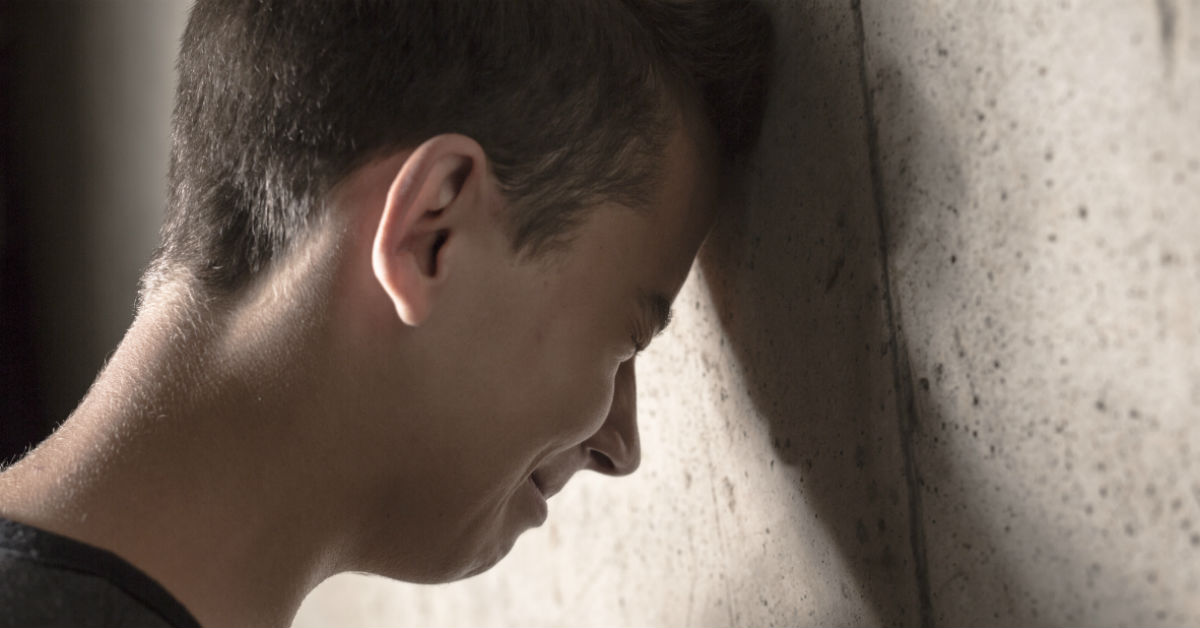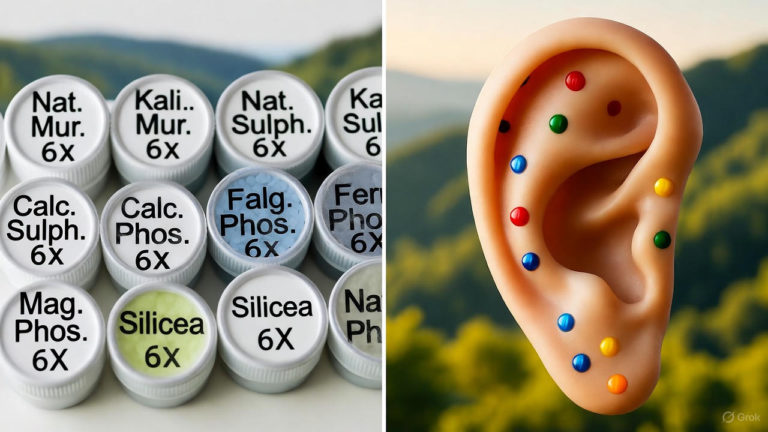Book Treatment Now

Emotional Health Stability and Addiction
Emotional health and stability plays a major role in your belief system and personality. The presence of underlying issues influence the way you look at yourself, others and the world around you.
Using harmful substances (medication, drugs, alcohol, etc.) may appear to assist in alleviating symptoms in the short term. One of the effects of substance abuse is that it makes emotional health worse. Also, abusing drugs, alcohol and pharmaceuticals, can actually bring on some mental health disorders. The use of drugs can push these individuals into a mental illness.
The effects of substance abuse on the body, both physical and psychological, are many and varied. Often there is an underlying mental health condition. One triggered by an emotional conflict. One that has not yet been diagnosed and that can be linked to substance abuse.
 Emotional Wellness
Emotional Wellness
Emotional conflicts often responsible for the onset of addictive behavior are:
Depression, anxiety and guilt:
Internalized reservoirs of guilt, shame and anger contribute to a sense of depression. As do irrational thoughts concerning sense of control or the expectations one has set for themselves.
Those who are depressed are especially at risk for action-oriented addictions. These are addictions that revolve around activity and excitement that can serve as a distraction from their underlying addiction.
Emotional Numbness:
Repressed feelings can manifest and bring about a feeling of numbness. Intense feelings like this are often where one has suffered plenty of losses in the past. Not the least of which is abandonment – emotional or physical.
When someone becomes emotionally numb they become guarded and are unlikely to effectively cope with their emotions. The buildup of unexpressed emotions can drive a person towards addictive behavior as a way of coping with their feelings.
Addictions are tailor-made for those who are emotionally numb. It helps keep feelings at bay while simultaneously providing enough activity, sensations, crisis and excitement to counter the dead feelings inside and keep the addict feeling alive.
Anyone being treated for gambling, sex, shopping addiction needs to be screened for other mental illnesses for treatment to be most effective. These addictions are a very real problem, whether it is classified as psychiatric disorders, as behavioral addictions or as neither. They often co-occur with other mental illnesses or with substance abuse. They can trigger mental health issues and have far-reaching negative consequences.
Emotional Relief
When quitting drug use, substance addiction or any other type of addiction, many withdrawal systems mimic mental illness symptoms. Once drug use begins, the body stops producing certain chemicals. The drugs fool it into believing that enough are already present in the body. When the drug is stopped, the individual’s mental illness symptoms are worse than before, as the chemicals are even more out of balance than before the addiction / abuse of drugs. It is reported that approximately half of all people with mental illness abuse drugs.
AcuDetox gives the addict “a more optimistic and cooperative attitude towards the process of recovery, reduction in cravings, anxiety, and sleep disturbance, and less need for pharmaceuticals”. Studies have shown that Acudetox can relieve withdrawal symptoms, reduce cravings, ease stress and anxiety, improve sleep, lessen depression, and alleviate aches and pains.
This NADA protocol is a no-nonsense, non-verbal, drug/pharmaceutical free, and barrier-free approach to behavioural health using auricular (ear) acupuncture to detoxify the body. AcuDetox™ is the most powerful and fastest way in the world to remove toxins from the human body. The dual action of removing toxins from the body and assisting in addressing emotional triggers help reduce imbalance and recovery time.
AcuDetox (Acupuncture Detoxification), a simple 5-point protocol. Backed by research and results, it has brought relief to hundreds of millions of people.




Your exploration of the intricate relationship between emotional health and substance use resonates deeply with ongoing discussions in the fields of psychology and addiction recovery. The notion that underlying emotional conflicts—such as depression, anxiety, and guilt—can lead to maladaptive coping mechanisms, like substance abuse, is a critical area of study that deserves more attention.
You raise an important point about the intricate relationship between emotional health and substance abuse, particularly how underlying mental health issues can catalyze a downward spiral into addiction. It’s striking how often individuals turn to substances as a means of escape without fully recognizing the potential depth of the emotional conflict driving their choices.
This post touches on such a vital yet often overlooked aspect of emotional health. I completely resonate with the idea that our belief systems and emotional stability are deeply intertwined. It’s intriguing how substance use can create a seemingly quick fix, yet often acts as a bandage over deeper underlying issues.
This resonates deeply with me. I’ve seen how emotional health can shape not only our self-perception but also our relationships with others. It’s sobering to realize that substances, which may initially seem like coping tools, can exacerbate mental health issues instead of providing relief.
This post raises crucial points about the interplay between emotional health and substance use, which often leads to a cycle that exacerbates both mental and physical well-being. I find it particularly troubling how the use of harmful substances can serve as a temporary escape, only to deepen underlying issues like depression or anxiety, creating a vicious cycle that is difficult to break free from.
I really resonate with your perspective on the intricate connection between emotional health and substance use. It’s fascinating how underlying issues like depression, anxiety, and guilt can drive individuals toward substances as a means of coping, yet in the long run, it often exacerbates their emotional struggles. I’ve seen this firsthand in some of my friends and family—how a moment of seeking relief can spiral into a challenging cycle that affects not just mental well-being, but physical health too.
Your insights on the interplay between emotional health and substance use resonate deeply. It’s striking how our perceptions are often shaped by unaddressed emotional struggles, leading to behaviors that seem like coping mechanisms but can, in fact, exacerbate our issues. I’ve witnessed this firsthand in friends who started using alcohol as a way to handle their anxiety; what began as an escape turned into a cycle that only deepened their emotional turmoil and mental health challenges.
I really resonate with what you’ve shared here about the connection between emotional health and substance use. It’s a complex relationship, and I think many people can relate to the temptation of using substances to escape or numb emotional pain, even if it’s just for a moment. Personally, I’ve seen friends go down that path, using alcohol or drugs to mask feelings of depression or anxiety. It’s heartbreaking because while it might feel like a solution in the short term, it usually just leads to more complicated emotional issues down the line.
You’ve captured a really important aspect of this issue. The pull towards substances during tough emotional times is something many people face, and it often feels like a quick fix in a world that can feel overwhelming. The challenge, as you’ve noted, is that these methods of coping can lead to a deeper cycle of emotional distress.
I completely resonate with the notion that emotional health is so intricately tied to our overall well-being and behavior. It’s fascinating yet troubling how underlying mental health issues often go unaddressed until they manifest through substance use. I’ve seen this in my own life and among friends—how a temporary escape can sometimes lead to long-lasting harm.
You’ve touched on something really important—the connection between our emotional health and the choices we make. It’s intriguing how many people find temporary relief in substances, and it’s often a coping mechanism for deeper, unresolved issues. You mentioned witnessing this in your own life and among friends, which adds a personal dimension to the conversation. It’s a reminder that many of us are navigating similar struggles, even if they’re hidden beneath the surface.
You’ve touched on such an important and often overlooked aspect of emotional health and its relationship with substance use. It’s fascinating how the interplay between our mental states and our coping mechanisms can create a complex cycle. I’ve seen this firsthand in my own life and in those around me—how feelings of anxiety or depression can lead one to seek temporary relief in substances, only to find that it exacerbates the very issues we’re trying to escape.